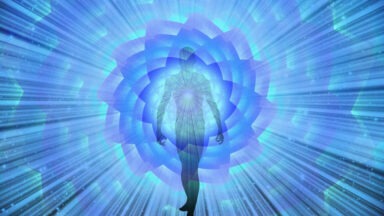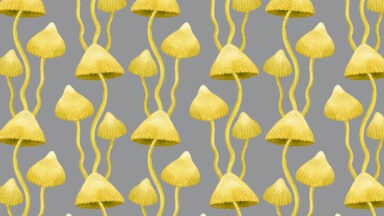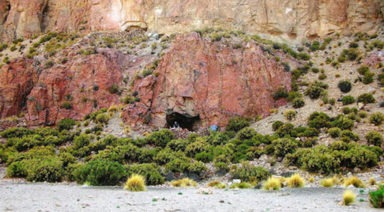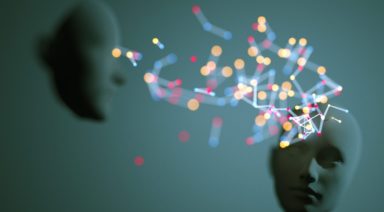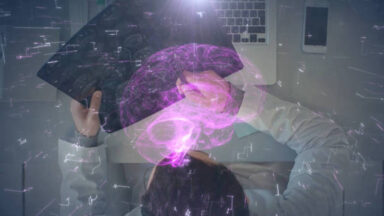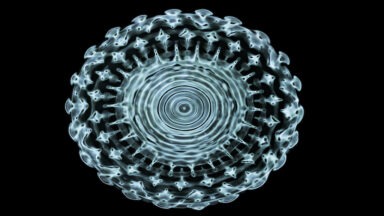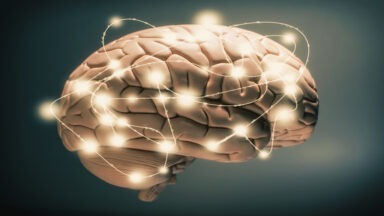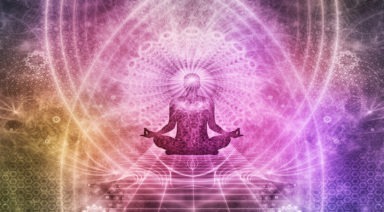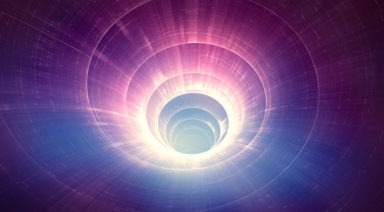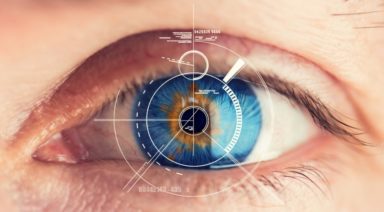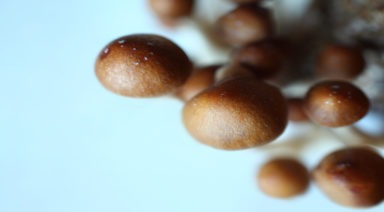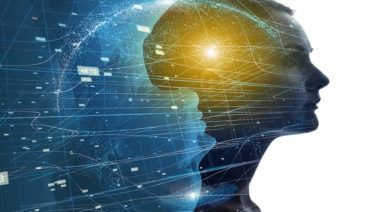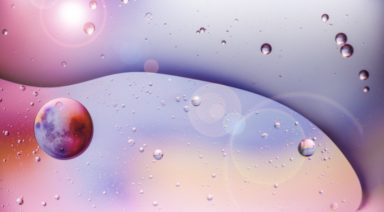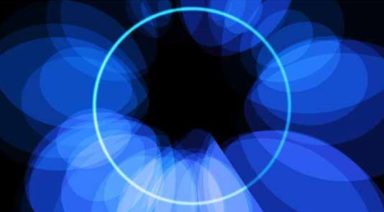New Studies Find Psychedelics Highly Effective for Alcoholism

New studies show unprecedented success in the treatment of alcoholism with psychedelic therapy.
The psychedelic revolution in mental health has produced overwhelming scientific evidence demonstrating the great efficacy of psychedelics in the treatment of various mental health disorders. Now, several new studies involving the drugs ketamine and MDMA are showing significant promise in the treatment of alcoholism.
Dr. Ben Sessa is a psychiatrist and chief medical officer at Awakn Life Sciences, an English biotech company that is at the forefront of the research, development, and delivery of psychedelic medicines.
The company is especially focused on the treatment of Alcohol Use Disorder or AUD, given how prevalent and challenging it is to treat.
“Alcoholism is a huge public health problem. It’s also a psychiatric condition that’s very poorly treated with very poor outcomes with traditional methods,” Sessa said. “Relapse to drinking after getting dry is around 80 to 90 percent at 12 months. That’s an embarrassingly poor statistic. Psychedelics offer a completely new approach; they offer the patient to explore the root causes of addiction, which so often is trauma. Psychedelic-assisted psychotherapy is an intensive upfront piece of work that gets the patient better, so they don’t have to keep coming back. It is a completely different paradigm shift to the way we currently manage patients in maintenance therapies.”
A recent study conducted by researchers at the University of Exeter and Awakn Life Sciences is the world’s first to examine the use of ketamine to treat AUD in a randomized controlled trial.
“Ketamine is a very well-established human medicine. It is indeed the only psychedelic that’s licensed as a medicine, as an anesthetic medicine, and has been used since the 60s as such. It’s an incredibly safe medicine. When it’s used at a much lower dose, it produces an altered state of consciousness. What we do in psychedelic-assisted psychotherapy with ketamine, is we use this altered state of consciousness to affect a more effective and deeper form of psychotherapy. So, we’re using ketamine as an adjunct to psychotherapy to treat addictions,” he said.
Participants in the study had all just completed a medically supervised alcohol detox program. Those in the experimental group received treatment with both ketamine and a form of psychotherapy called KARE over the course of four weeks.
“The group that received ketamine and specific KARE psychotherapy led to an 86 percent abstinence rate at six months — absolutely blows out of the water the current best treatments for alcoholism,” Sessa said.
Just what accounts for these astounding results?
“So we know a fair bit about the mode of action of ketamine, you literally grow new brain tissue after taking ketamine,” Sessa said. “Now, this is hugely helpful because when you combine that — when you think of it as a super-ripe brain bristling with neuronal activity — with psychotherapy in which you are asking the patient to address the psychological issues that are usually around stuck, rigid narratives they hold, then you can grow this new neural tissue in the direction you want to have changes to their psychology. This is a huge breakthrough for addictions, which is so much about rigidity and stuck-ness.”
The implications of this groundbreaking study are truly profound.
“Once we get the drug actually licensed and approved for, specifically, alcohol-use disorder, it hugely broadens the accessibility and far more clinicians would be willing to be using this in a much broader way. So, it will really radically change the field of treatment of alcoholism all over the world,” he said.
In addition to their work with ketamine, Awakn has also recently completed a study with another psychoactive drug MDMA which has yielded equally significant findings.
Watch Pt. 2 of our interview with Dr. Ben Sessa:
Are Supernatural Entities Encountered on DMT Healing People?
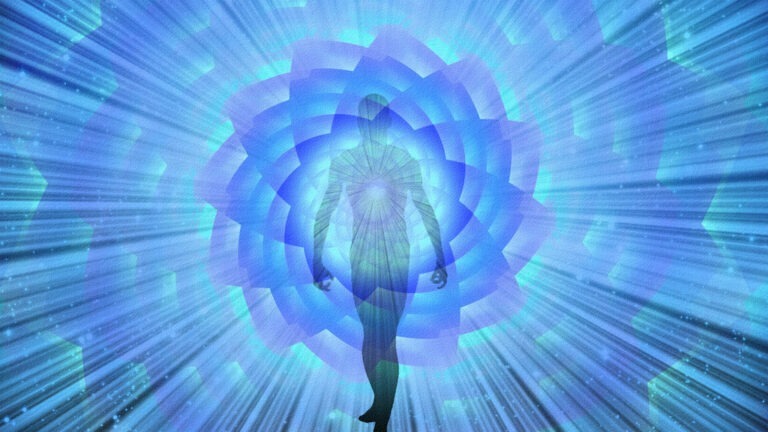
Could supernatural entities encountered during a psychedelic trip be responsible for the dramatic psychological healing that many reports? New research seeks to find out.
DMT or N, N-Dimethyltryptamine is widely considered the Earth’s most powerful hallucinogen. It is the latest psychedelic to be clinically studied for its potential to treat mental health issues like major depression and PTSD.
One frequently occurring phenomenon of the DMT trip researchers are particularly interested in is the appearance of entities whom experiencers often credit with the healing they receive.
Jay Waxenberg is the director of the DMTx program at the Center for Medicinal Mindfulness. Based in Boulder, CO, it was one of the first centers to offer legal psychedelic therapy in the U.S.
“The entities are really this unique aspect of DMT and they play different roles for different people in that space. What’s very common is, one, you’re going to encounter one of these things, and two, that you’re going to feel like they’re giving you some piece of information to take back to the regular consensus reality. Also, that they are benevolent — lots of love and kindness, these are very common elements for the entities — and we have linguistic models to kind of relate to those spaces, whether they’re elves or imps or fairies, they could be angels, bodhisattvas, aliens, interdimensional beings — these are kind of like the things that people will come back and say ‘[T]hat’s kind of what that felt like, that’s kind of what that thing is.’”
The groundwork for current research on the topic was laid by Dr. Rick Strassman- a psychiatrist and pioneering psychedelic researcher who first described these entities in his book ”DMT: the Spirit Molecule.”
“The beings were beneficent, they did healing, they gave advice, some predicted or showed volunteers the future, some were examining the volunteers. But one of the hallmarks of the interaction was the strength of those beings,” Strassman said.
A recent study surveyed 2,500 individuals who encountered entities after taking DMT. The researchers found that “[T]he experiences were rated as among the most meaningful, spiritual, and psychologically insightful lifetime experiences, with persisting positive changes in life satisfaction, purpose and meaning attributed to the experiences.”


